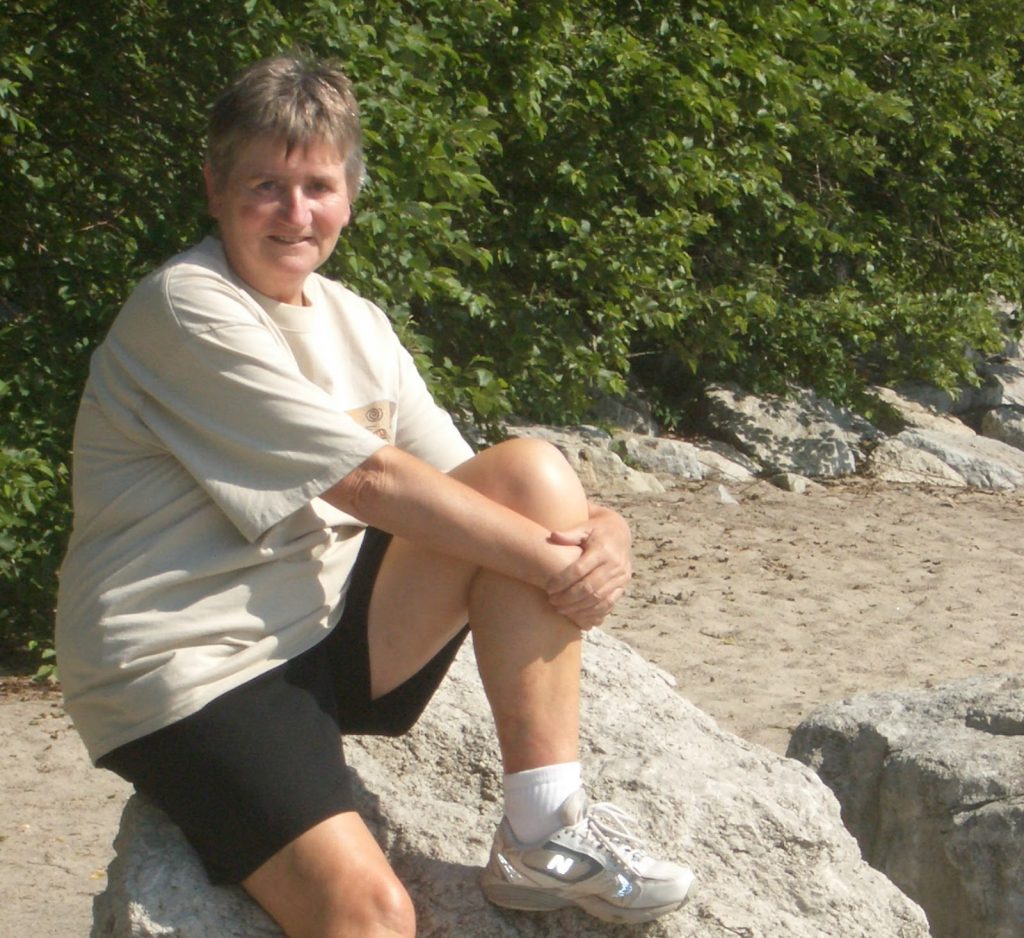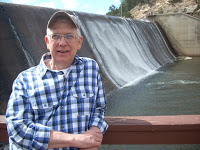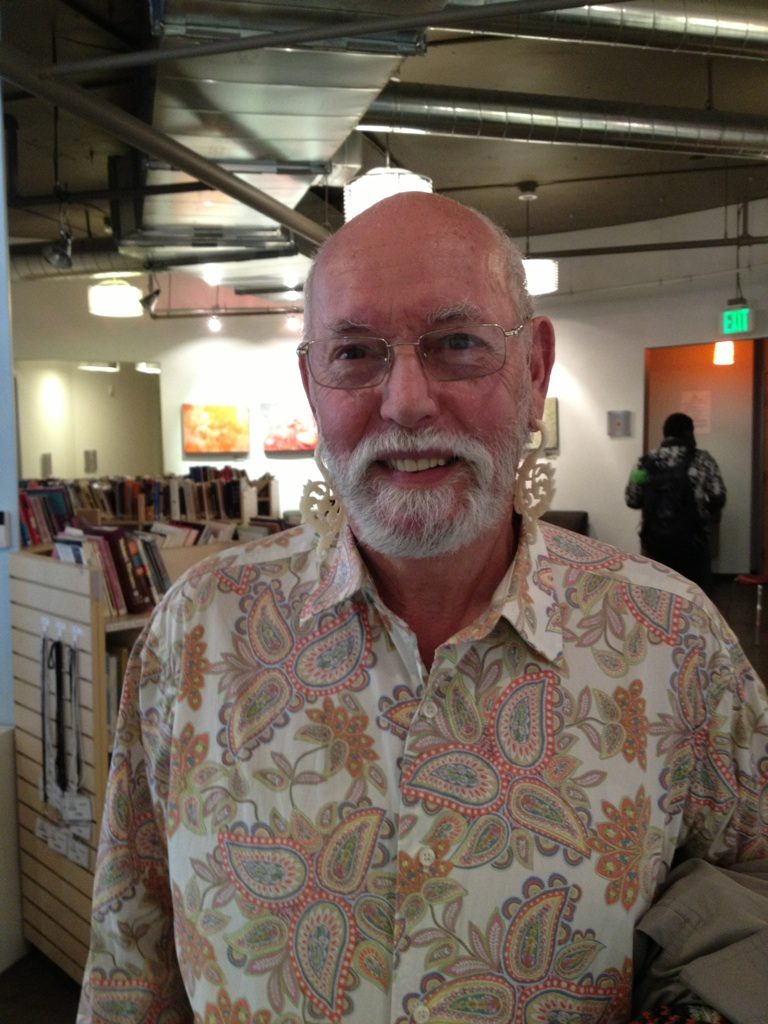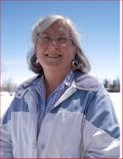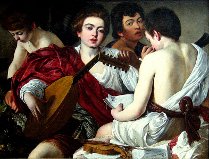From the time I was 10-years old through my 18th birthday, every December around Christmas time, I journeyed from South Lake Tahoe to Los Angeles via the Greyhound bus line. Each year the bus either went to Sacramento where I had to change to a different bus, or through Carson City, where I had a four or five hour layover before riding another bus to Los Angeles.
Carson City had no lavish bus depot. It consisted of a small “office” with a small storage area for packages and unclaimed baggage. The bus driver had a key to the baggage area where he put my luggage but the office would not open until just before the scheduled arrival time for the north/south buses; in my case a four or five hour wait. I was ten when I took that first trip alone to Los Angeles via Carson City. I arrived at the still closed bus depot at 7:30 AM and had to wait until 12:30 PM to catch my bus.
So I did what any 10-year old boy would do to stay warm and not be bored; I went street walking to find something to do. I was not hungry yet and I never ran across an open cafe. Carson City’s casinos were open but unavailable to me. Around 8:00, I arrived at an old building that resembled my schoolhouse from Minnesota. I stopped to read the sign, which informed me that the building was not an old school, but was the Nevada State Museum, formerly the U.S. Mint at Carson City.
The museum was open and admission was free with donations accepted. Being on a very limited budget with enough funds for two snack meals to get me to my dad, I did not donate but entered anyway. I spent the next several hours in the museum wandering around and viewing all the exhibits that interested me.
The first exhibit I saw was on the left side of the hall after entering. In a small room was a display of all the formal silverware presented to the navy’s battleship Nevada as a gift from the State of Nevada. Also on display were the ship’s bell and other items. All those items were returned or given to the state after the ship was selected to be the target ship for the hydrogen bomb test at the Bikini Atoll.
Another item in the room was an old stamp or press machine, which actually placed the coin’s designs onto silver or gold coin “blanks.” In one side of the room was an old walk-in vault. The vault contained a permanent display of a private collection of gold and silver coins minted at the Carson City mint.
I continued to wander through the museum for the next few hours reading all the posted display information and in general enjoying myself. I learned a lot about things not taught in school at the fifth grade level. The museum had an extensive display of Native American baskets and pottery, but no Mayan pottery or baskets. Eventually, I left through the basement exit mock up of a silver mine and caught my bus to Los Angeles. From then on, every time I ended up in Carson City to change buses, I spent my waiting time in the museum. I have been a “museumphile” ever since.
As time passed and I visited other museums, I saw many examples of ancient pottery; ancient in this case meaning older than 500 years. The first ancient artifacts that discretely held my attention were not pottery, but wood, and came from Africa. It was a representative display of the various depictions of fertility gods, totems, or icons. These typically had either large breasts or over-sized and erect male genitals; a few actually had both.
I have always been attracted to “images” that show or represent male genitals perhaps due to my adolescent fixation on all things sexual. I began to wonder how a museum could display such “naughty” things. It was many years before I understood the concept of understanding other cultures through anthropology. In other words, these cultures did not view these artifacts as being “naughty.”
Many of the museums I visited had these types of displays and I was attracted to them all. When I finally arrived in Denver and visited the Denver Art Museum, I saw my first pieces of Mayan pottery (or at least pottery from Central and South America during the existence {and in the trading area} of the Mayan culture). Pieces on display came in various sizes, some small enough to fit on one’s palm and other pieces large enough to carry one or two gallons of liquid. Naturally, there were sizes in between the smallest and the largest artifacts.
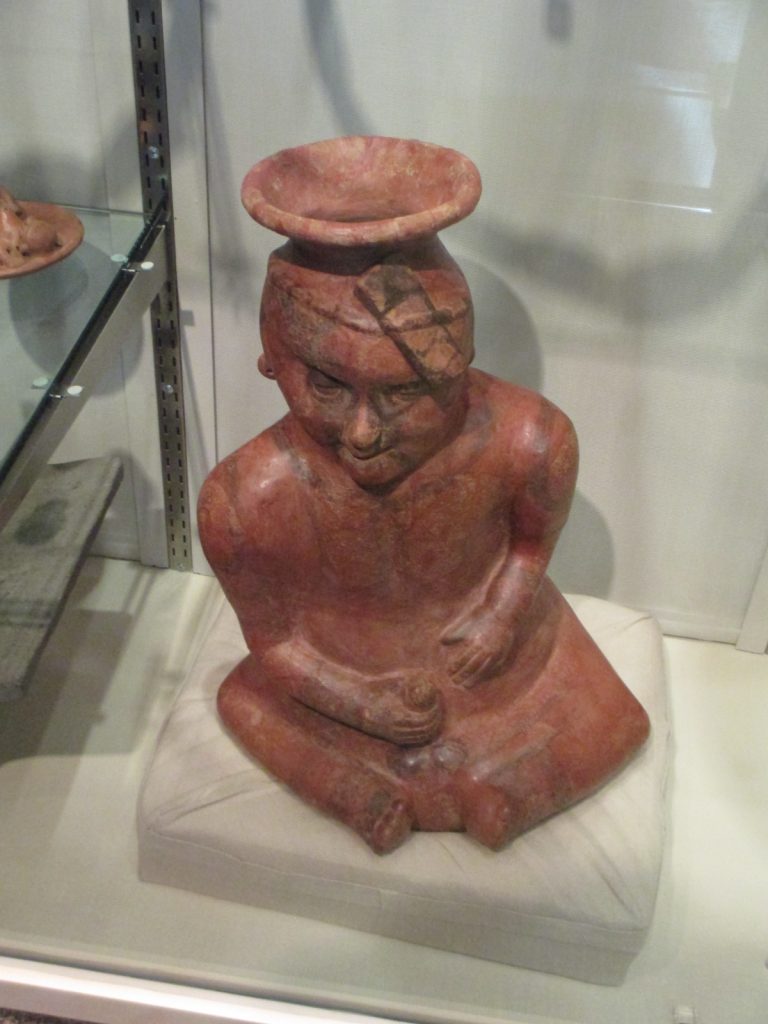 |
| Denver Art Museum — 4th Floor |
The ones of particular interest to me are the pieces with male genitalia. One of the larger items is a seated male in the act of masturbation. It is displayed in such a manner that anyone can see what the “man” is doing. It is prominently displayed on the bottom shelf of the display area, where any child can easily view it. On a higher shelf to the viewer’s right, is what appears to be an engraved penis perhaps used as a pre-Colombian sex toy or maybe venerated as a power symbol as did the ancient Romans and Greeks. This object is also within easy viewing of the young.
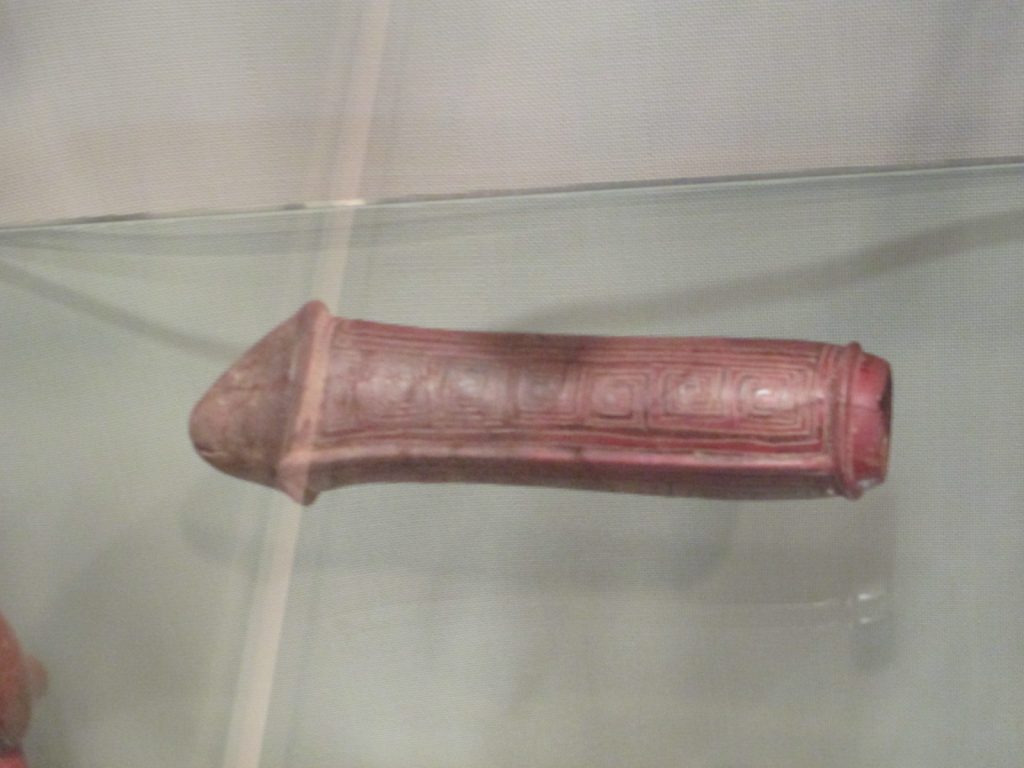 |
| Denver Art Museum — 4th Floor |
About the Author
 |
Emerald Bay, Lake Tahoe, CA |
Ricky was born in 1948 in downtown Los Angeles. He lived first in Lawndale and then in Redondo Beach both suburbs of LA. Just days prior to turning 8 years old, he was sent to live with his grandparents on their farm in Isanti County, Minnesota for two years while (unknown to him) his parents obtained a divorce.
When reunited with his mother and new stepfather, he lived one summer at Emerald Bay and then at South Lake Tahoe, graduating from South Tahoe High School in 1966. After three tours of duty with the Air Force, he moved to Denver, Colorado where he lived with his wife of 27 years and their four children. His wife passed away from complications of breast cancer four days after 9-11.
He came out as a gay man in the summer of 2010. He says, “I find writing these memories to be very therapeutic.”
Ricky’s story blog is “TheTahoeBoy.blogspot.com”.

